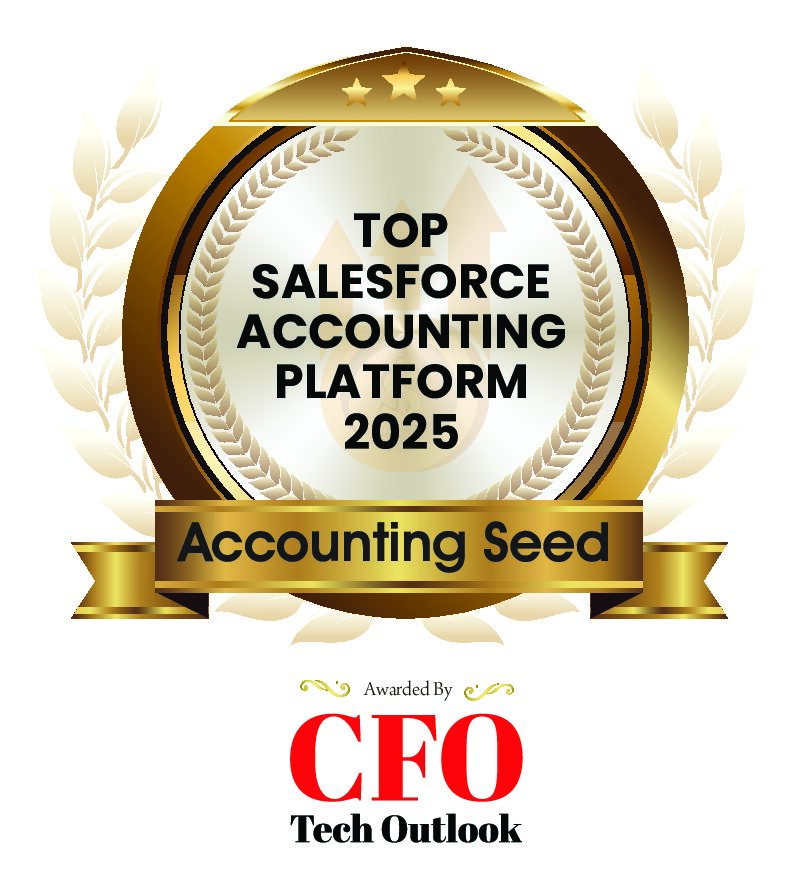
Guest Author: Richard Scott
No matter how big or small, managing a business is not an easy feat. There are challenges that businesses face every now and then. And we’re all witnesses to how a global pandemic can cripple many businesses, especially small enterprises.That’s because compared to bigger companies, Small and Medium Enterprises (SME)s are more susceptible to financial losses. Managing their capital and expenses is also more challenging for them.
That’s why, if you own a small business, you must strive to improve your cash flow. A steady cash flow will ultimately help you survive and thrive in your industry, and then grow. In this piece, we’re going to give you some tips and insights on improving your cash flow to help you expand your business.

1. Keep Your Bookkeeping Updated
You might be wondering how bookkeeping can improve your cash flow. Well, an organized book of expenses, profits, and other transactions will allow you to see the bigger picture. Up-to-date and smoothed-out bookkeeping can tell you how your company is going financially. This is vital not only for gauging next steps but also for understanding where corrections are needed most in your organization.
With these records, you’ll know what should be prioritized or given attention. It will also help you identify your operational expenses, net profit, outstanding receivables, and more.
If you know these details like the back of your hands, you can make better and wiser decisions. Like eliminating some unnecessary expenses or improving your cash-in and cash-out of the month.
2. Prioritize Risk Management
Risk management is synonymous with the perennial saying, “prevention is better than cure.” It may sound cliché, but we couldn’t agree more with this nugget of wisdom. Especially when you’re managing a business.
Before venturing into new investments or transacting with prospective clients, it’s better if you do your research first.
It helps to know if the clients you’re talking to have a good history of paying their contractual obligations. Usually, you can simply ask for the credit history of the client from credit reporting services. Through this report, you can easily identify whether the company on the other end is a potentially problematic account or not.
Aside from the credit history, you must also find out whether the companies that you’re talking to can successfully deliver their services. This way, you can prevent unnecessary loss by not engaging with problematic companies.
3. Avoid Long-Term Payment Options if Possible
If your business is the one who’s on the receiving end of a certain service, it’s better if you pay your supplier upfront. If you don’t have enough funds for a one-time payment, at least pay a significant portion of the contract.
This strategy will help you save a lot of money because you can avoid larger financing fees that long-term payment options often entail.
You can also apply this to your customers or clients that pay you for your products or services. Do not allow them to pay for a longer period. This kind of payment option is not advantageous to you for it only yields slower returns and can potentially impede your cash flow.
These are only some of the steps that you can take to improve your cash flow. Keep in mind that by increasing your company’s cash flow, you are also increasing its potential to scale and grow.
Accounting Seed, provides a full 360-degree view of your business’ performance to help you and your accounting team make the best decisions possible when it comes to cash flow.
See Accounting Seed in action
Get a close-up view of how accounting on Salesforce can eliminate the need for costly integrations—and silos of mismatched information—by sharing the same database as your CRM.



